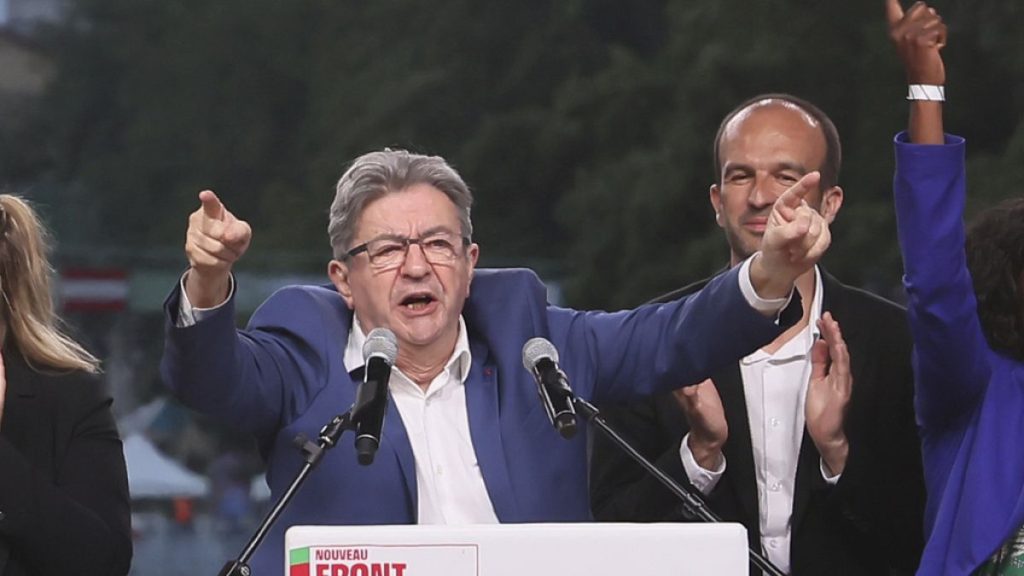France Unbowed (LFI) party leaders have accused President Emmanuel Macron of orchestrating an “institutional coup against democracy” by refusing to appoint a left-wing prime minister. Following the end of a political truce requested by Macron during the Paris Olympics, the party threatened legal action if he did not appoint a prime minister from the left-wing coalition, the New Popular Front (NFP), in the near future. Although Article 68 of the Constitution allows for the dismissal of the president for failure to fulfill his duties, the likelihood of a successful impeachment is minimal due to divided political ranks and the challenging two-thirds support required in both the National Assembly and the Senate.
After Macron’s call for snap parliamentary elections in July resulted in no party securing an absolute majority, negotiations led to the NFP agreeing to nominate civil servant and economist Lucie Castets as their choice for future prime minister. Despite this agreement, Macron has rejected Castets for the position, sparking further controversy and political deadlock. Names such as Michel Barnier and Xavier Bertrand have emerged as potential candidates for the prime ministerial role, adding to the uncertainty surrounding the situation.
The LFI’s threat of impeachment against Macron for failing to appoint a left-wing prime minister is met with opposition from within the NFP coalition, particularly from the Socialist Party. Leader Olivier Faure dismissed the threat as solely representing France Unbowed and not the entire coalition. With the challenging two-thirds support required in both chambers of the French parliament for a successful impeachment, the likelihood of ousting Macron through this method remains low amidst the current political landscape.
As President Macron prepares to meet with leaders from various political parties to address the deadlock, the nomination of a prime minister remains a contentious issue. The NFP, claiming the right to have the future prime minister come from its ranks due to winning the most seats in the election, faces resistance from Macron. The refusal to appoint Castets, the NFP nominee, underscores the deepening political divisions and power struggles within the French government.
The ongoing debate over the appointment of a prime minister highlights the challenges facing Macron’s presidency and the wider political landscape in France. With tensions rising between the left-wing NFP coalition and Macron’s government, finding a resolution to the deadlock becomes increasingly urgent. The refusal to appoint a left-wing prime minister could have significant implications for the balance of power and governance in France, setting the stage for further political turmoil and uncertainty.
In conclusion, the dispute over the appointment of a prime minister in France reflects broader issues of political power, representation, and governance within the country. The threat of impeachment against President Macron by the hard-left France Unbowed party underscores the deepening divisions and power struggles in French politics. With potential candidates emerging for the prime ministerial role, the resolution of the deadlock remains uncertain. The outcome of this political standoff will have far-reaching implications for the future direction of French politics and the balance of power between the executive and legislative branches of government.


